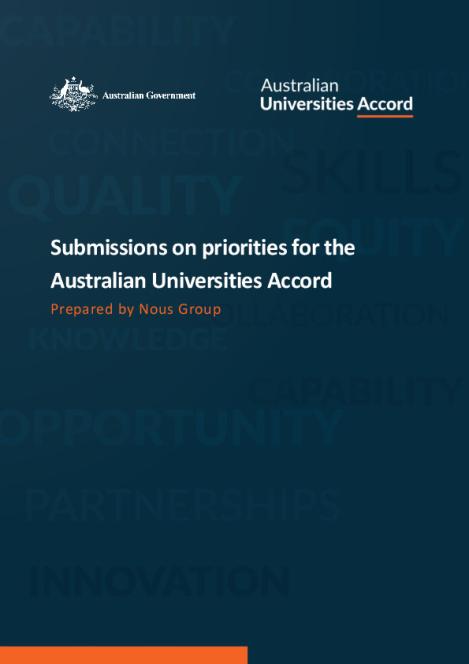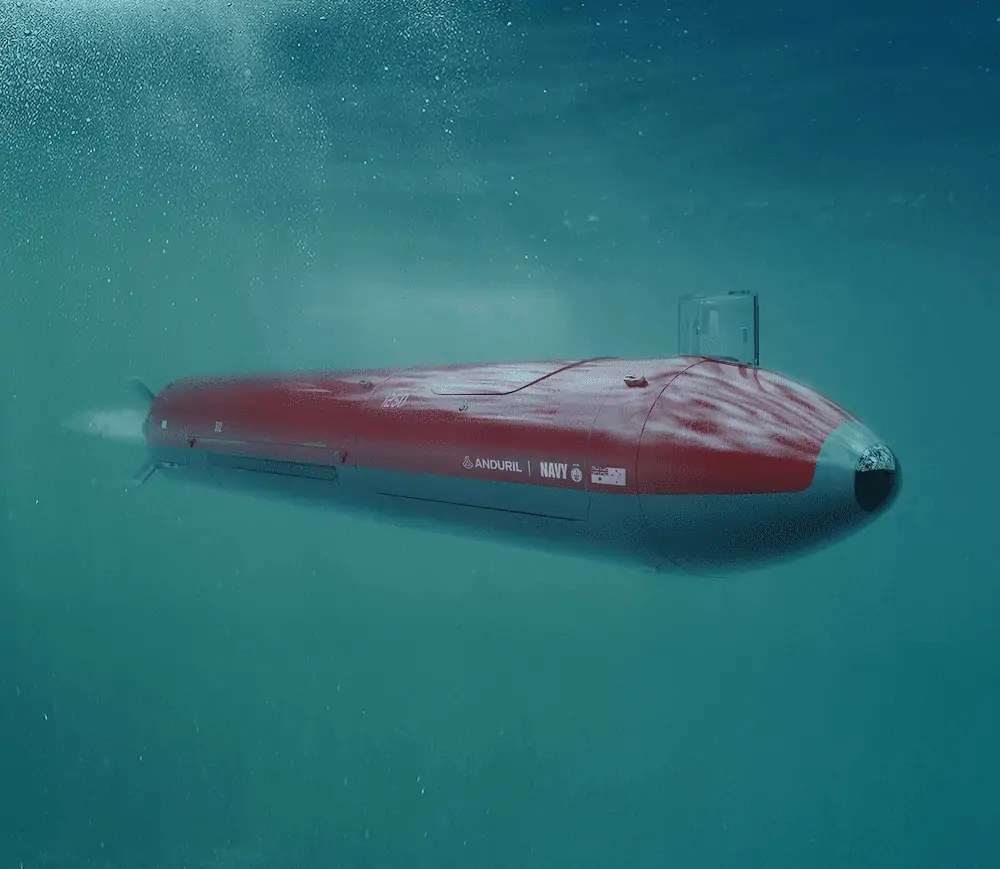The Australian Government response to the Future of Work and Workers report, has been released. Unfortunately, despite the titles, this is not a response to the report, just a statement of what the government was already doing.
Monday, March 27, 2023
Student Equity Forum at UTS
Greetings from the Student Equity Forum at University of Technology, in Sydney (slides & videos are available). I signed up because it was free, and I happen to be in Sydney. But this turns out to be a big event, both in terms of the more than 100 people present, but also the weight of the topic. Professor Mary O’Kane, chair of the Australian Universities Accord Panel, will be arressing the forum. A main aim of the day is to see that equity is addressed by the Panel.
When I arrived for lunch I did not know anyone here. This is because they are equity practitioners, whereas I am an educator. I am not exactingly sure what equity practitioners are, and feeling very much the outsider. But I did write some points on the panel issues, and made a submission to the Panel, which touches on some of the issues. My preference would be to build equity into the system, much as accessibility is, rather than have it an add-on.
Agenda for the Forum
12.00 pm: Registration and networking lunch
1.15 pm: Doors open to presentation room
1.30 pm: Keynote lecture - Student equity
2.10 pm: Presentation - Sector data analysis
2.30 pm: Q&A Panel - Responding to the Universities Accord discussion paper
3.30 pm: Closing remarks
4.00 pm: Event end & afternoon tea
Thursday, March 23, 2023
Australian Coal Exports to China to Drop in 2025
Australia can sell much of its surplus coal China doesn't need, to Japan and South Korea, but not all. In the longer term coal consumption in China will go down, but it is unclear by how much, as Chinese provincial governments like to "build stuff".
Allow Students to use AI Generated Text in an Assignment Structured like a Systematic Review?
Universities provide advice and assistance with writing. Professor Inger Mewburn at ANU (the Thesis Whisperer), recommends Grammarly, and the free alternative Typely. I used Grammarly as a graduate student, and found it very useful (English is my first, and only, language, but I only barely passed the subject at school).
My experiences in using Chat GPT, and its predecessor GPT3, and other AI, have been mixed. Recently I reviewed a paper generated by Chat GPT. I gave the paper one out of five, and suggested the name of the author should be "Anonymous" with the person who submitted it listed as an editor, not author. But not everyone agreed, with an average review of 2.6 out of 5.
Monday, March 20, 2023
Redesigning University for All Students
Greetings from the ANU First Generation Welcome Alumni Week event. Staff and graduates, who's parents did not go to university were asked along to share their experience. Despite studying this topic during my MEd, it was only a couple of years ago, at one of these ANU events, I realized I was one. But I still have difficulty understanding how this made my university experience different.
The talks from staff who were fist generation was useful, in helping current students understand they are not alone. However, I suspect that people who go on to become academics have very different university experience to the average student. As an example, they seem to have attended a lot of universities, and completed multiple qualifications ( as have I). That would be daunting for a student just starting out. We need to tell them it is okay to go to one university, and then get a job outside: you don't have to aim to be an academic.
Also what was of use were group discussions around tables. This helps studnts meet others like themselves. It also helped me realise that there are those who have a more difficult time then themselves. Those of us from a low income, single parent first generation backgrounds may the we had it tough, but hearing from some whose parents were political prisoners, puts it in perspective.
While a one off, face to face event is useful, I suggest much more is needed to help first generation students. This has to be built into the curriculum, as a compulsory assessed, for-credit component, not an optional extra-curricular activity.
One way for first generation students to be helped, I suggest, is to offer training in how to be a student as a formal compulsory initial course which counts towards their degree. As a student I would not do an optional activity, as it would be stealing time from my essential compulsory courses. I suspect that is a mindset which goes with being a first generation student.
There also small impediments which can be easily fixed. As an example, getting textbooks is said to be something first generation studnts have difficulty with. The last university I studied at provided textbooks (this is a common feature at open and distance universities). As a student I didn't have to pay extra, or do anything for books. A few weeks before the course started, a package of books arrived on my doorstep. This applied wherever you were. I was 13,000 km from the campus, but the books still turned up, on time. This is something more Australian universities could emulate.
The approach I suggest is to flip the thinking on first in family students. At present universities design on the assumption that students know about university, through having attended a private school, or from university educated parents. Special arrangements are then just needed for those who did not. This is similar to the approach which used to be made for those with a disability. That approach would no longer be acceptable: you can't build a classroom without wheelchair access, and the offer to carry disabled students up the stairs: that would be unlawful discrimination. The approach to first in family and other disadvantaged students should similarly change: provision for them should be built into the curriculum, as the default option. This will help all students.
Sunday, March 19, 2023
Free University Lectures for All Australian Productivity Commission Report
The Commission does make some relevant points about education:
"Digital communications can provide scale (say in university education) allowing for expansion of services at low marginal cost." (Volume 1, Page 21).
"Reforming university funding arrangements would facilitate expanded access for Australians to tertiary qualifications. It would also facilitate more competition and address the unintended consequences that result from university efforts to manage the course mix — a response to the poor incentives embedded in the current funding model." (Volume 1, Page 29).
"Notwithstanding the strong growth of higher education, VET remains the largest provider of formal post-school training, serving more than twice the number of university students. Given this, overcoming systemic flaws in VET design is important." (Volume 1, Page 30).
"Loan fee arrangements should also be equalised across the tertiary sector, levied on all students regardless of type (that is, extended from fee-for-service VET students and non-university higher education students to include subsidised VET students and university students). The loan fee rate should also be lowered reflecting application to a broader base of students." (Volume 1, Page 88).
One obvious way to increase the quality of university education, by requiring those teaching at universities to be qualified to teach, appears to have been missed by the commission.
The commission appears to be in the business of writing large, infrequent reports which make the same recommendations which were ignored previously. This doesn't appear very productive, if measured by the improvements made as a result of the reports. The commission might want to send their staff for some training in how to formulate and present recommendations in a way they will be accepted. This is a skill I help university students with.
Thursday, March 16, 2023
Broad Range of Skills Needed for AUKUS Submarine Project
On 4 Mar 2023 the Australian government announced a plan to acquire three US Virginia class nuclear-powered submarines from 2030, with modified UK Astute "AUKUS" class submarines built in Australia from 2040. Commentary on the announcement has pointed out that nuclear physics graduates will be needed to build, maintain, and operate the submarines. However, there will be many more specialists in engineering and computing needed. A submarine is essentially a metal tube full of computers. The weapons launched are similarly increasingly computer controlled.
Defence personnel operating, and operating from, the submarines, will also need high level skills in computing, and communications. There is a role for Australian higher education in training these personnel, and helping the Australian Defence Force in making best use of the submarines. As an example, in 2020 I coached a team in the Navy Warfare Innovation Workshop. Mixed teams of navy, public service and defence industry personnel worked on new ways to counter threats, many of which used drones.
Sunday, March 12, 2023
Paper Written by ChatGPT Get 2.6 out of 5 from Reviewers
Roger Clarke recently referred me a paper for review, knowing my interest in military matters, and AI. Apart from the topic, and how it was generated, the paper was also of interest as it was submitted to a public review forum, Qeios.
The paper was bland, much like other AI generated text. It was not really publishable as an academic work, as it didn't have anything new to say. But it was very much like many internal documents I had read, written by committee at the Australian Department of Defence.
The other problem with the document was attribution. I suggested the author's name be changed to "Anonymous", as the content comes from a large corpus of online work by many authors. The person listed as author I suggested should be acknowledged as an editor. This would be a way, I suggest to acknowledge the contribute on people who generate such work.
Wednesday, March 8, 2023
ANU New Research Showcase: Climate, Energy & Disasters
Greetings from the ANU New Research Showcase: Climate, Energy & Disasters. where the Vice Chancellor is opening the event. He mentioned recent "natural" disasters at ANU. This included a flood through the Library behind him, and a hailstorm, after which the roof is still being repaired (you can see the orange plastic wrap in the photo).
Tuesday, March 7, 2023
Submissions on The Future of Australian Universities
 |
| Submissions Report, Universities Accord, Nous Group, 21 February 2023 |
The report found some common themes:
- "Improving access to the higher education system, particularly for underrepresented cohorts and identifying programs to improve student outcomes.
- Reviewing the current higher education funding model to ensure it supports the long-term success of teaching, learning and research, in line with national priorities.
- Investigating the regulatory arrangements which govern the higher education system
- Reviewing how the institutions within the higher education sector interact with each other, the Vocational Education and Training (VET) sector and industry to deliver the skills needs of the future."
About all I would add is the interconnected issues of teacher training and online education. The issue of training staff to teach is particularly difficult for research universities, which have conflicting priorities. Measures of university quality are based primarily on research, not teaching.
Australian universities have had a similar conundrum with online learning. Online learning provides a quality of education outcomes at least equal to classroom teaching, but is perceived as lower quality. Students like the idea of classroom learning, but in practice most do not turn up to lectures.
Friday, March 3, 2023
Kits to help teach computing to schoolkids
 |
| Sarah Washbrooke presenting to ML Sig |



